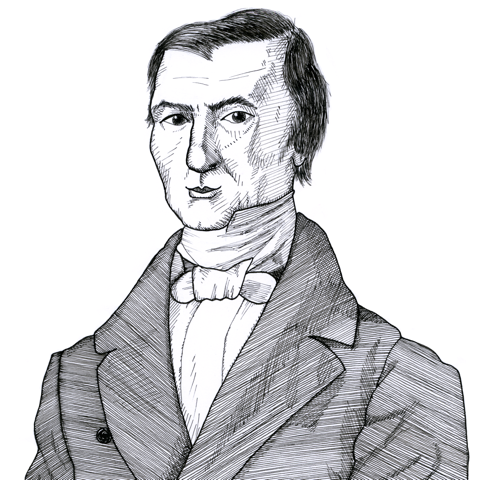
Bastiat criticizes the socialists of wanting to be the “Great Mechanic” who would run the “social machine” in which ordinary people were merely so many lifeless cogs and wheels (1848)
Found in: Economic Harmonies (FEE ed.)
The French economist Frédéric Bastiat (1801-1850) accused the socialists of wanting to create an “artificial” organisation by using coercion in which they would be the “Great Mechanic” who would run the “social machine,” and where ordinary people would be so many lifeless cogs and wheels to be manipulated (1848):
Socialism & Interventionism
The moving parts are men, that is, beings capable of learning, reflecting, reasoning, of making errors and of correcting them, and consequently of making the mechanism itself better or worse. They are capable of pain and pleasure, and in that respect they are not only the wheels, but the springs of the machine. They are also the motive forces, for the source of the power is in them. They are more than that, for they are the ultimate object and raison d’être of the mechanism, since in the last analysis the problems of its operation must be solved in terms of their individual pain or pleasure.*
Now, it has been observed, and, alas, the observation has not been a difficult one to make, that in the operation, the evolution, and even the progress (by those who accept the idea that there has been progress) of this powerful mechanism, many moving parts were inevitably, fatally, crushed; that, for a great number of human beings, the sum of unmerited sufferings far exceeded the sum of enjoyments.